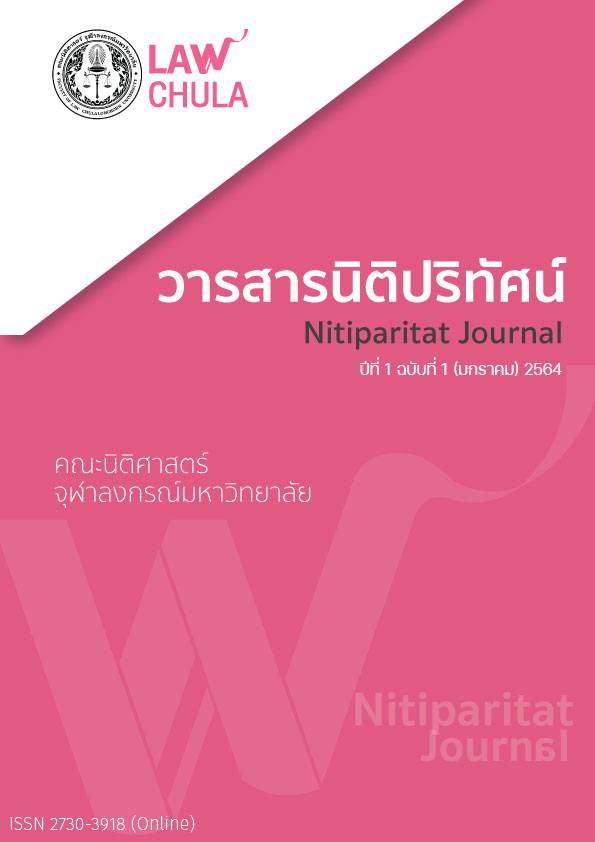Hegel – a critic or a defender of Kantian modernity ?
Keywords:
modernity, Hegel, Kant, Philosophy of LawAbstract
The article aims to explain and analyse Georg Wilhelm Friedrich Hegel’s two main critiques on Kantian concept of modernity; the beautiful soul critique and the totalitarian state critique, as well as to provide a concise summary of Hegel’s account on modern state and modern law. The article argues that Hegel’s modernity and the Kantian liberal modernity actually share the same roots, but they have grown apart, and Hegel’s account has extended itself to a rather anti-liberal sphere. However, Hegel’s philosophy cannot be labelled as either pure Kantian liberal or pure authoritarian. His theory should be viewed as a telos which humans aim to achieve and his theory should be used as a standard state to assess our current society.
References
Kant, Immanuel, “Idea for a universal history with a cosmopolitan purpose” in Kant : Political Writings, ed. Hans Siegbert Reiss, and Hugh
Barr Nisbet (Cambridge: Cambridge University Press, 1991) 46
Kant,“Idea for a universal history with a cosmopolitan purpose,” 42.
Kant, “Idea for a universal history with a cosmopolitan purpose,” 43
Kant, Immanuel, “An Answer to the Question: What is Enlightenment ?” in Kant : Political Writings, ed. Hans Siegbert Reiss, and Hugh
Barr Nisbet (Cambridge: Cambridge University Press, 1991), 54
Downloads
Published
How to Cite
Issue
Section
License
Copyright (c) 2020 Suprawee Asanasak

This work is licensed under a Creative Commons Attribution-NonCommercial-NoDerivatives 4.0 International License.
The manuscript is original, does not contain plagiarism, and does not infringe any copyright.



